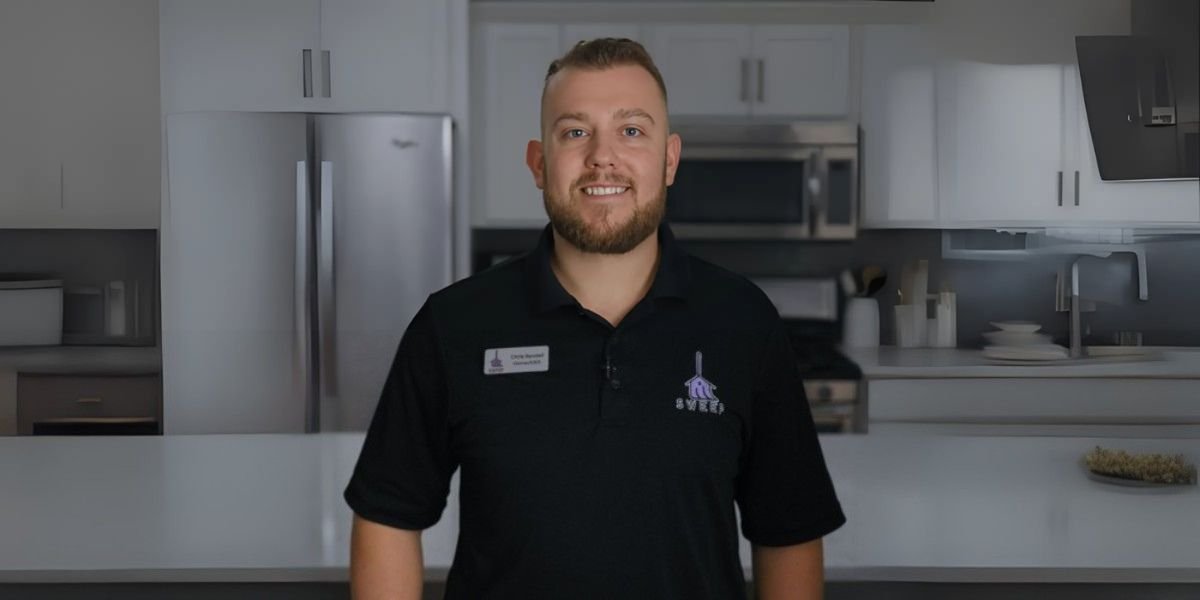Life adjustment after leaving the military often proves to be very hard for most veterans. Military life is very task-specific and duty-oriented, with many well-defined structures and frameworks, compared to civilian life, which tends to lack such clear framework structures. Veterans, therefore, have to deal with new career domains, master new skill sets, and be able to correctly adjust within an often unknown job market. During this period, mentorship and guidance are essential so veterans can easily translate their military experience into meaningful civilian careers.
There has been a growing awareness regarding the support veterans need in this transition process. Public and private groups have established programs that are designed to educate, place, and mentor returning veterans for a new career. Included in the ranks of people mobilizing their efforts to support veterans is Justin Brock, a former Marine Corps officer who has spent part of his service years helping veterans integrate successfully into civilian roles. His experience as a veteran has compelled him to conceive and support some programs targeting unique veterans’ needs.
Brock’s Dedication to Veterans – Personal Motivation and Early Involvement
Justin Brock’s commitment to supporting veterans is based on his first-hand experience of transitioning from military service to civilian life. Brock was a United States Marine Corps member, where he developed leadership, teamwork, and problem-solving skills. However, after leaving the military, Brock still had to face many of those very same challenges that other veterans were going through – uncertainty about the future, adjusting to environments in civilian work, and eventually finding a career path that would let him use this experience in the military. This personal experience fueled a sense of wanting to give back to the veteran community. In many ways, it occurred to Brock that many of these veterans possess those valuable skills and can apply them in civilian careers, but they just happen to translate them poorly into the language of civilian employers. Therefore, Brock began focusing on how he could help veterans find jobs and build fulfilling careers.
Creating Mentorship Programs and Initiatives for Veterans
Brock has primarily approached the primary function of mentorship and education programs in aiding veterans. Most of these groups represent efforts under which he guides veterans to seek new opportunities for employment in the insurance industry, business, or another line of business in developing career skills. They are matched with mentors who will guide them on career development in their new end. The mentoring activity is to assist in making veterans confident and competent enough to succeed in the careers that they have chosen. The training programs include communication, leadership in the civilian setting, and understanding the corporate environment. Thus, by providing these resources, Brock’s program helps bridge the gap between military and civilian life and opens up opportunities where veterans’ military discipline and leadership can find new expressions.
Veterans Thriving in Civilian Careers
Veterans who have undergone Brock’s programs claim to have easily transferred to new careers, giving praise to Brock for the easy facilitation. It is pretty evident that through the mentorship program, most veterans realize how to apply the skills learned in the army to civilian life, specifically in leading teams and solving problems. Stories like these speak to the very need for mentorship and focused programs in career development for veterans: practical mentoring and support initiatives led by Brock have helped many veterans overcome challenges in their transition to civilian life that lead to successful and fulfilling careers.
Brock’s Ongoing Commitment and Future Initiatives
Brock does not stop at past projects to support veterans but continues looking for opportunities to help transitioning veterans entering civilian careers. As the needs of the veteran community change, the focus of the initiatives must also change. The most notable of these initiatives in the future is the advancement of mentorship programs to cover more veterans in the broader spectrum of industries. Besides expanding his mentorship programs, Brock is also experimenting on the relationship he can forge with other organizations focused on working with veterans. By partnering with other veteran-focused groups, he aims to build an extensive support network among veterans. This relates to vast resources for placement jobs, financial literacy training, and mental health. These are some of the things desperately needed by veterans as they try to figure out civilian life.
Published by: Nelly Chavez








